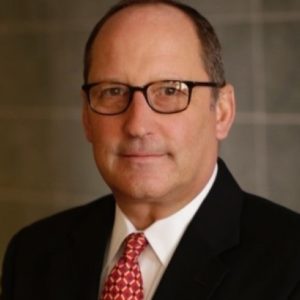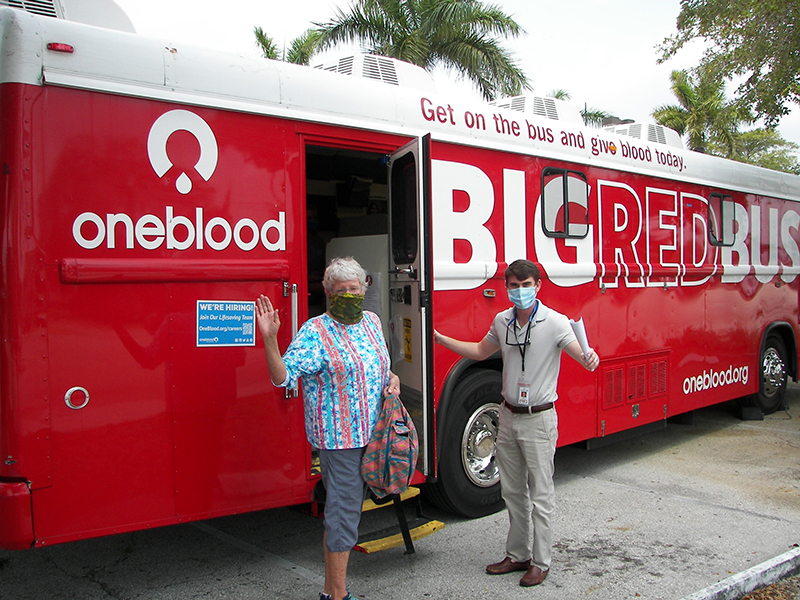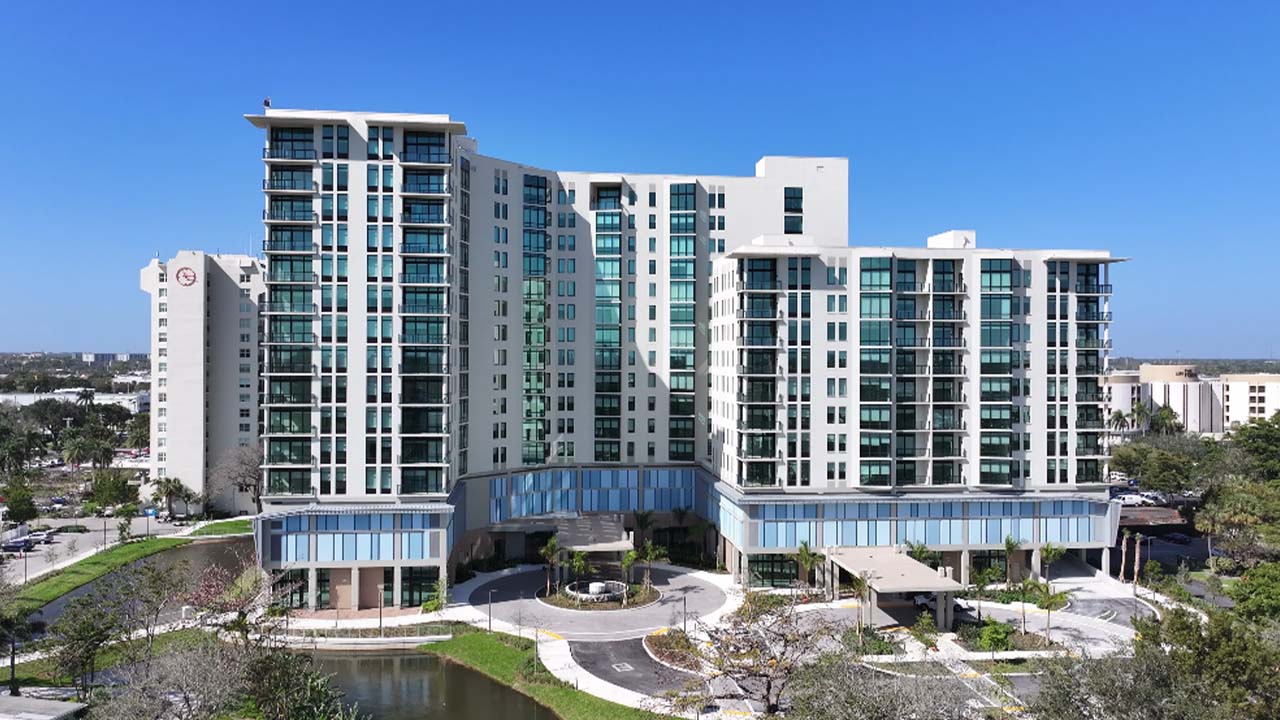By Bill Lamoreaux
“Population health” and “social determinants of health” have become very popular terms and pursuits over the past few years. After all, it is the most logical approach to practicing medicine.

The funny thing is, South Florida has a number of medical groups that have been practicing population health and addressing social determinants of health to seniors for well over a decade. The majority of those seniors are dual Medicare and Medicaid beneficiaries living at or below the federal poverty level. South Florida is so good at population health that, by CMS’ measurement system, of the 20 five-star groups and health plans in the country, four of them are in this market. In terms of social determinants, medical groups in this area have eliminated barriers to care by providing transportation for primary and specialty care, provided both physical and mental health wellness activities, and managed at-risk patients through routine outreach, including visits to their homes.
This success is enabled by a form of reimbursement called capitation—a reimbursement methodology where the physician group is paid per patient as opposed to fee for service that reimburses by visit. South Florida and California are some of the few areas in the U.S. where capitation is the predominant form of reimbursement for Medicare Advantage products. Under normal circumstances, the reason capitation supports population health is that it allows the physician group to invest in outreach and patient engagement to prevent emergency room visits and unnecessary hospitalizations.
The problem is we did all of this work in and around the four walls of what we call a medical center. The arrival of the COVID-19 pandemic required the South Florida medical group sector to re-engineer how service is delivered, a problem faced by all U.S. providers and businesses. However, capitation provides several advantages to help enable this transition and allow groups to focus on care delivery
Patient care over cash flow
Decisions about remaining open to serve patients are made easier. Groups do not have to worry about how many visits they need to project to meet cash flow needs. Rather, they can focus on which patients should be seen face to face and which patients should be seen through other vehicles such as phone or video.
Patient care over staff costs
Instead of focusing on workforce management—the No. 1 expense in running a group—groups can focus on keeping all patients and staff safe. Testing sites and protocols can be established. Tracking test results, conducting case management on infected members, and patient tracing are all prioritized.
Creative, agile solutions
The cash flow benefits of capitation allow groups to become creative in addressing the needs of patients and be nimble in doing so. I am so proud of our IMC Health staff – and of so many in our industry – in the ingenuity and commitment demonstrated in putting patients first.
- Providing telemedicine solutions that were not utilized previously. This includes being creative in helping seniors become “connected”.
- Facilitating medication refills and having the refills delivered to patient homes.
- Conducting patient outreach to ensure their medical needs are met but more importantly, to help address their anxiety and loneliness during this unique period of time. Seniors like to talk about their favorite TV shows, their friends and certainly their families but need new forms of interaction in this time of social distancing.
- Providing nutritional support through the delivery of meals and groceries to patients in need. Like us, most groups have converted their transportation fleets into delivery service for food, medications and other unique patient needs.
- The No. 1 question asked by seniors is “can you send me a mask”? Even though they are not leaving their homes, they are anxiety-ridden and want a “safety blanket”. Many groups have provided masks or, at least provided educational support, on the appropriate uses of masks.
The new normal
In the coming weeks, the groups will turn their attention to returning operations “back to normal”. With the national standards just being released, it appears that at-risk seniors will be in phase 3, which could be several months out. This reverse engineering will be equally as challenging as the conversion to a virtual group. I am also sure there will be a role to be played in mass testing of the population.
Most value-based compensation arrangements today are still fee for service with some degree of upside or downside risk to the provider group. The majority of compensation is still determined by the number of visits. These value-based constructs, while a stepping stone to capitation, do not address the struggles and potential peril created by the COVID-19 crisis to the cash flow of the fee-for-service sector. Perhaps there are lessons to be learned in the South Florida population health model about patient centricity and nimbleness that will expedite changes to provider compensation nationally.
Bill Lamoreaux is CEO of IMC Health in Miami. He has more than 30 years of managed care experience and is focused on instituting new care coordination models for Medicare and Medicaid programs.
















